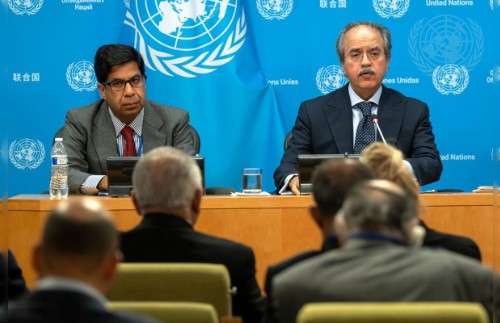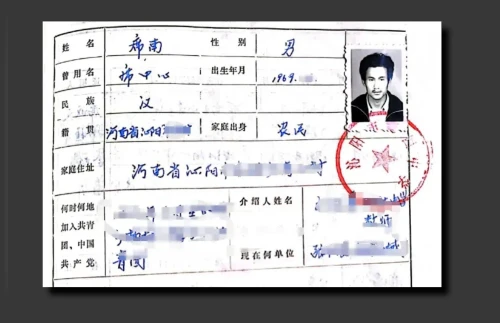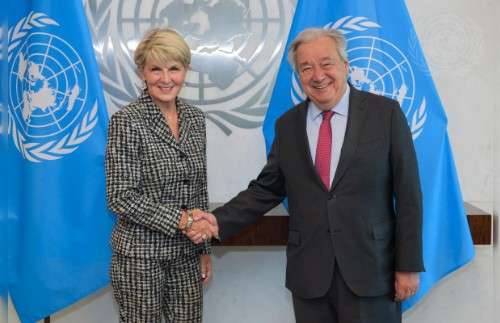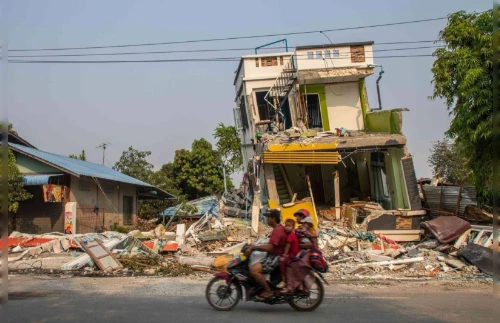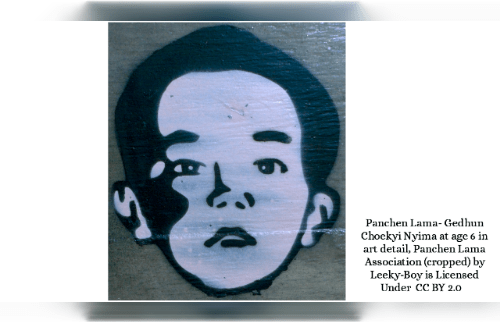By Debdutta Ghosh

Bollywood singer Kanika Kapoor was instrumental in adding a new chapter to the coronavirus pandemic saga of India – criminality of hiding travel history – particularly a foreign visit.
Kapoor, who had allegedly come back from the United Kingdom and travelled to multiple cities within India – including Mumbai and Lucknow, attending holi parties, instead of home quarantine, and then not disclosing her travel history inside India after she tested positive, was slapped with a case for negligence in following instructions listed by the government to contain the spread of the novel coronavirus pandemic. There are reports that two more cases would be filed against the celebrity virus patient at Hazratganj and Gomti Nagar police stations for allegedly attending three different parties in the city on different days. All these strictness is however not without a reason
Kapoor reportedly had come into contact with about 350 to 400 people, including several politicians, bureaucrats and other senior officials, creating a scare.
The south Indian state of Kerala was the first Indian state to criminalize hiding travel history. The state, which has currently reported the second highest confirmed cases of coronavirus, made hiding travel history a crime, as early as the second week of March. The Public Health Act was used for this – arguing that hiding travel history can lead to the spread of the infectious disease,
More recently, a 63-year-old woman from Kangra, Himachal Pradesh was booked under Section 270 of the Indian Penal Code (IPC), which has provision of a maximum imprisonment of up to two years, for not disclosing her travel history Dubai. She tested positive for Covid-19, the disease caused by the coronavirus, and then the authorities found out her travel history. The same section of the IPC was slapped against another woman (32 years) from Kangra, Himachal Pradesh, for hiding that she had returned from Singapore. Section 270 indicts any person who “malignantly does any act which is likely to spread the infection of any disease dangerous to life.”
The coronavirus pandemic was brought into India by people returning from foreign countries affected by the coronavirus pandemic. Even before the first case was reported in India, the government had mandated screening of all people returning back to the country from a foreign location. People with Covid-19 symptoms were immediately sent to isolation in hospitals while the rest were advised to impose voluntary self-isolation at home. However, many did not follow the directions and continued to move around and many of them later were diagnosed with the disease. Such people also possibly transmitted the disease to the people they came in contact with during their exploits violating the self quarantine directive. This resulted in the spread of the disease in India.
Therefore many see logic in the strict legal actions that Indian authorities have taken to penalize such offenders and discourage others from violating self quarantine.
Hiding of travel history – particularly to a foreign land, has become a trend all over India. Very recently, a person in the northern Union Territory of Kashmir was slapped with multiple sections of the IPC, including Section 270, for hiding his travel history to Pakistan and for trying to circumvent the screening and surveillance process imposed to try and prevent the spread of coronavirus pandemic.
This trend was also witnessed in the far eastern state of Mizoram where a 33-year-old woman was arrested in the state’s capital Aizawl for allegedly hiding her foreign travel details amid the coronavirus outbreak. At the Lengpui airport, the woman gad told the screening team that she returned from Kolkata, in West Bengal India, and so she was allowed to go according to the screening process then. However the local police later came to know from her posts on Facebook that she had in fact returned from Macau via Kolkata.
Indian authorities, who are currently very hard to combat spread of the coronavirus pandemic in the country and even as India hoes through a 21 day national lockdown, sat that such measures would be continued to be applied till the pandemic was over
Permanent Representative of Pakistan Briefs Press on Situation in South Asia
Reporters’ Group Calls for Release of Myanmar Journalist Jailed for 5 Years
Trapper Grapples With an Alligator on the Middle of Florida Highway
Stay Alert from Scammers
35 Years On, Chinese Man Seeks Justice for ‘Stolen’ Medical College Dreams
UN Secretary-General Meets with His Special Envoy on Myanmar
A Small Snake Falls into Cocktail at Mexican Restaurant in Virginia
Subscribe Our You Tube Channel
Fighting Fake News
Fighting Lies





